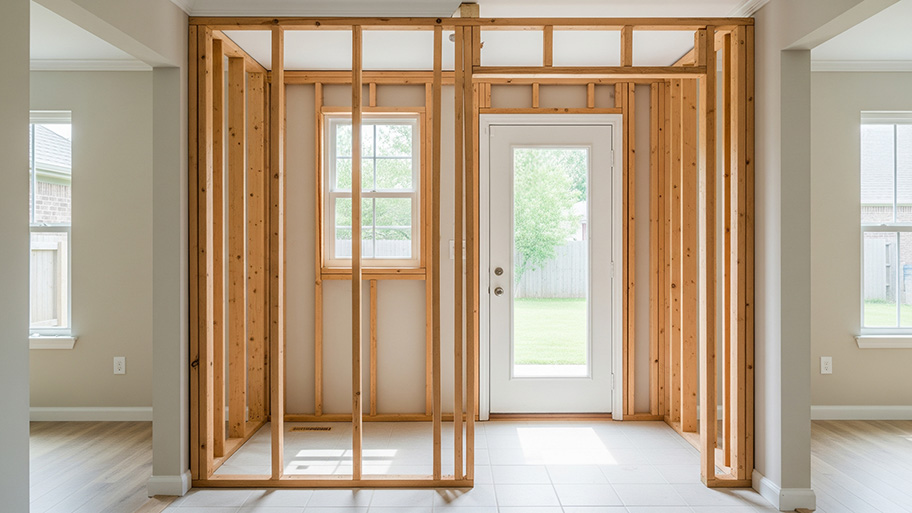
Home elevator costs depend on the size and type of lift, if it needs retrofitting, and the number of floors. Our guide outlines all residential elevator costs.
With an honest, direct email, you can turn down a contractor kindly and respectfully


Inform contractors as soon as possible when they don’t get the job so they can schedule other work.
Thank them for their time and provide honest feedback about why you chose someone else.
Send an email instead of calling to avoid a potentially emotional conversation and give yourself time to craft a thoughtful message.
Keep things positive and leave the door open for future projects—you may want to work with them later.
No one wants to hear the tired “it’s not you, it’s me” excuse—so how do you tell a contractor that you chose someone else? Remember that this is not their first rodeo (or rejection), so don’t overthink it. With an honest, direct, and kind approach, there don’t have to be any hard feelings.
Contractors appreciate hearing back from clients if they’ve submitted a bid but didn’t get the job. Putting a quote together takes time, and many contractors consider potential projects when planning their schedules. The earlier you can tell them you’re going with someone else, the better.
Turning someone down never feels good, but don’t use your feelings as an excuse to delay notifying them of a job lost. Communicate your intentions as soon as possible so they can free up their calendar for other prospective clients.
Turning down a contractor via phone puts you both on the spot. It also opens the door for emotions, which could easily turn a well-intentioned conversation sour. By writing your thoughts in an email, you can perfect the message and avoid any potential awkwardness.
Always begin your email with a “thank you” to ensure you start on a positive, polite, and professional note. Thank the contractor for their time and effort in giving you a quote. Even if you don’t select that contractor, this will show appreciation for the work they already put in.
Was there a specific reason that the contractor didn’t get the job? If so, providing feedback is a courtesy that will help the contractor understand why they didn’t get picked. It will also keep the conversation more objective rather than personal.
For example, if the contractor requested an unreasonable down payment, cite this in your email. You might even have chosen a different type of pro for the job, such as an architect. Whatever the reason, it’s always a good idea to explain your decision.
You can soften the blow of a rejection email by adding kind words wherever you can. Compliment the contractor’s reputation, business, or whatever attracted you to them in the first place. Tell them that you received quotes from several great contractors, but you decided on another bidder. It’s not personal—it’s business.
There are many questions to ask before hiring a contractor—and picking out good candidates takes time. When you’ve already vetted a general contractor near you, it’s always a good idea to keep them in your back pocket. After all, they might be a great fit for another project, or they could come in the clutch if the contractor you selected doesn’t finish the job.
Let the contractor know that you look forward to possibly working with them in the future. It might even help you negotiate lower costs for your next project, especially if price was your deciding factor.
From average costs to expert advice, get all the answers you need to get your job done.

Home elevator costs depend on the size and type of lift, if it needs retrofitting, and the number of floors. Our guide outlines all residential elevator costs.

Sometimes, all your home needs is a new wall to make a room or provide an updated function to an existing space. Learn how much it costs to install a new wall.

Discover storm damage repair costs, key price factors, and ways to save. Get transparent estimates to plan your home repairs with confidence.

Find out how much a shaftless home elevator costs, including additional factors that can drive up the overall installation price.

A roll-in shower can increase safety in the bathroom and come with a high ROI. Read this guide to learn about how much a roll-in shower costs.

To create a comfortable indoor environment, learn how to soundproof a ceiling. We’ll break down the different ways to get it done.